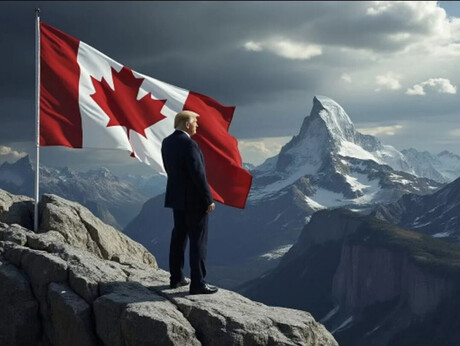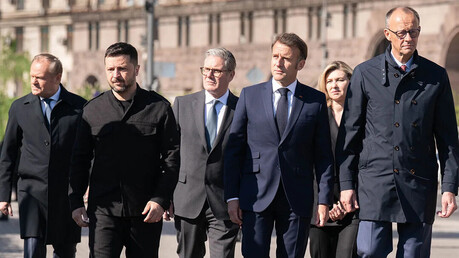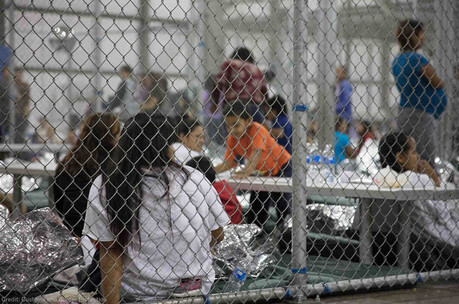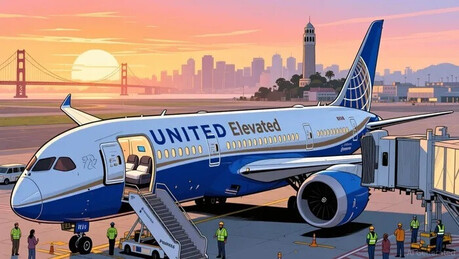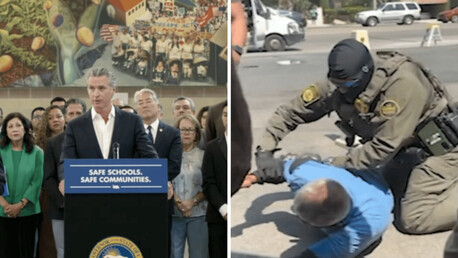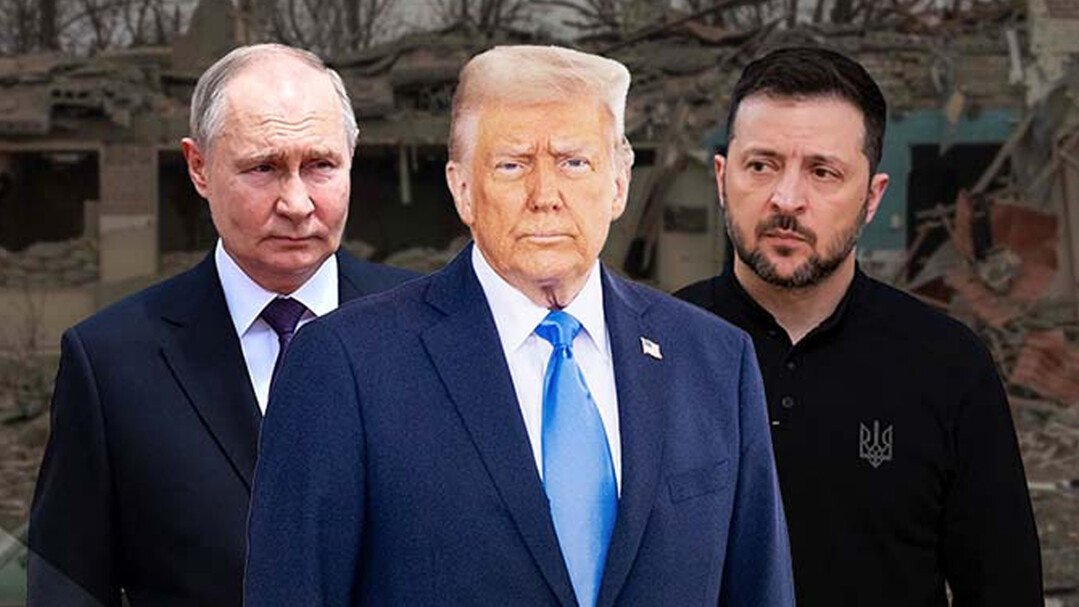
WASHINGTON - Hopes for a swift resolution to the protracted war in Ukraine are dimming as a diplomatic initiative spearheaded by U.S. President Donald Trump encounters significant resistance. The president’s ambitious plan for peace, which hinges on a series of high-level meetings between the warring parties and key global leaders, appears to be unraveling amid stark rejections from Kyiv and renewed aggression from Moscow.
The centerpiece of Trump’s vision was a two-step process: an initial bilateral summit between Ukrainian President Volodymyr Zelensky and Russian President Vladimir Putin, followed by a trilateral meeting that would include Trump himself. This carefully orchestrated sequence was intended to build trust and momentum towards a final peace accord. However, recent events on both the diplomatic and military fronts suggest the plan may be fatally flawed.
Zelensky Rejects 'Buffer Zone' Proposal
On the diplomatic front, a critical blow was dealt by Ukrainian President Volodymyr Zelensky, who on August 29th, emphatically rejected a European-backed proposal to create a physical "buffer zone" separating Ukrainian and Russian forces. In comments carried by the BBC, Zelensky dismissed the idea as impractical, stating that those who suggest such measures "do not know the state of the war." He argued that a de facto buffer zone already exists, extending for over 10 kilometers due to the constant threat of drone attacks on both sides.
Zelensky went further, suggesting that any true separation could only be achieved if Russian forces withdrew "deeply into the temporarily occupied territories of Ukraine." His statement underscored Kyiv's unwavering commitment to its territorial integrity and its refusal to entertain any solution that might cede control over occupied lands. This stance stands in direct opposition to any form of negotiated settlement that could involve territorial concessions, a potential component of any peace plan.
Russia Escalates with New Airstrikes
Adding to the diplomatic turmoil, Russia launched a new wave of air attacks on Ukraine on the very same day Zelensky voiced his opposition. Reports from Ukraine's State Emergency Service indicated that the assaults targeted cities in the central and southeastern parts of the country, leaving at least one person dead in a large-scale attack on Zaporizhzhia. This renewed military aggression demonstrates Moscow's continued reliance on force and its apparent unwillingness to de-escalate, further complicating any diplomatic efforts.
The timing of these events is particularly significant. They occurred just days before a self-imposed deadline for the first phase of Trump's peace plan.
Macron Warns of Deception
The stalled diplomacy has drawn sharp criticism from international allies, most notably French President Emmanuel Macron. Speaking alongside German Chancellor Friedrich Merz, Macron expressed his frustration, issuing a stern warning: if Vladimir Putin does not agree to meet with Zelensky by September 1st, it would be a clear sign that the Russian leader has been "toying with" his American counterpart.
Macron’s remarks suggest a growing fear among European leaders that Putin is using the prospect of negotiations as a stalling tactic, leveraging Trump’s desire for a quick resolution to gain time and consolidate his military gains. The French president also called for a united front, urging the U.S. to join in a new round of sanctions against Russia to "force them to the negotiating table."
Trump's Peace Prize Ambition
The article from Dong-A Ilbo highlights the intense personal investment Trump has made in the peace process, with some foreign media outlets speculating that his efforts are motivated, at least in part, by a desire to win the Nobel Peace Prize. Trump himself had expressed confidence in his ability to broker a deal, suggesting that the relationship between Putin and Zelensky was "not as bad as people think."
However, with the deadline looming and the situation on the ground deteriorating, the feasibility of Trump's vision is being called into question. The confluence of Ukraine's hardened stance, Russia’s continued military offensive, and the growing skepticism from European allies suggests that the path to peace is far more complex and fraught with peril than the administration may have initially believed. The next few days will be critical in determining whether Trump's diplomatic gambit can be salvaged, or if it will be remembered as another failed attempt to end a war that has claimed countless lives and reshaped the geopolitical landscape.
[Copyright (c) Global Economic Times. All Rights Reserved.]



















